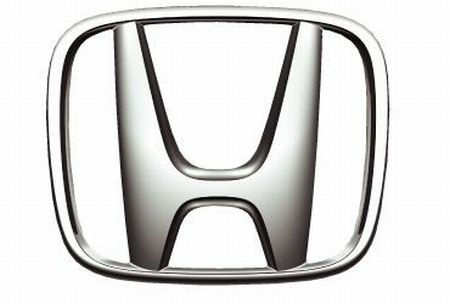Honda To Expand Recalls Of Driver-Side Takata Airbags
 Honda North America said on December 3 that it would expand its recall of potentially explosive driver-side airbag inflators nationwide in accordance with a request from federal regulators, even as the airbag manufacturer continued to insist it’s not necessary.
Honda North America said on December 3 that it would expand its recall of potentially explosive driver-side airbag inflators nationwide in accordance with a request from federal regulators, even as the airbag manufacturer continued to insist it’s not necessary.
Honda also will give drivers free loaner cars until repairs can be made, Rick Schostek, Executive Vice President with the automaker, told a subcommittee of the House Energy and Commerce Committee.
Due to limited availability of replacement parts, Schostek said Honda will prioritize vehicles in the high-humidity areas of the U.S. that were previously recalled. He said Honda is working with two other airbag manufacturers, Autoliv and Daicel, to accelerate production of new inflators.
The suspect inflators, which can spray metal at vehicle occupants in a crash, were made by Takata Corp., which has refused the National Highway Traffic Safety Administration’s demand to recall the driver-side inflators. NHTSA had given Takata until December 2 to expand the recall nationally; a call which Takata has refused to accept.
"The data still supports that we should remain focused on the region with high temperature and high humidity," Hiroshi Shimizu, Takata’s Senior Vice President for Global Quality Assurance, told the House subcommittee on December 3. Shimizu again apologized for the deaths and injuries that have been linked to Takata airbags and asserted that the inflators it is currently producing are safe.
Honda’s expansion does not affect passenger-side airbags, which account for a majority of the faulty inflators.
Schostek said Honda has reached out to affected owners with "hundreds of thousands of phone call" and letters sent via overnight mail, both in English and Spanish.
He also addressed Honda’s failure to notify regulators of 1,729 potentially defect-related crashes involving deaths and injuries over the past decade. A small number of the crashes related to Takata airbag ruptures. Honda could be fined as much as $35 million for the failures, which it attributed to data-entry and computer-coding errors.
"It is unfortunate and, yes, inexcusable," Schostek said. "But we view this as a management responsibility, and we are taking actions to ensure that it doesn’t happen again."
 Honda North America said on December 3 that it would expand its recall of potentially explosive driver-side airbag inflators nationwide in accordance with a request from federal regulators, even as the airbag manufacturer continued to insist it’s not necessary.
Honda North America said on December 3 that it would expand its recall of potentially explosive driver-side airbag inflators nationwide in accordance with a request from federal regulators, even as the airbag manufacturer continued to insist it’s not necessary.